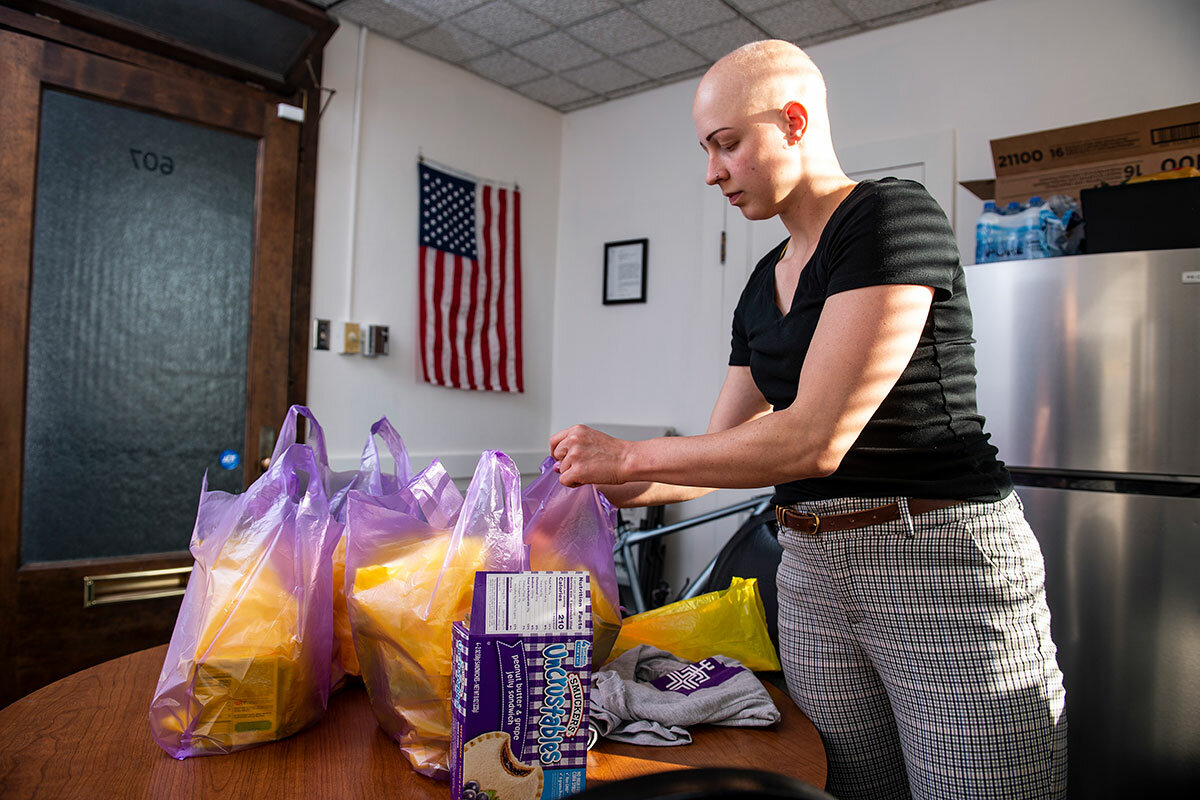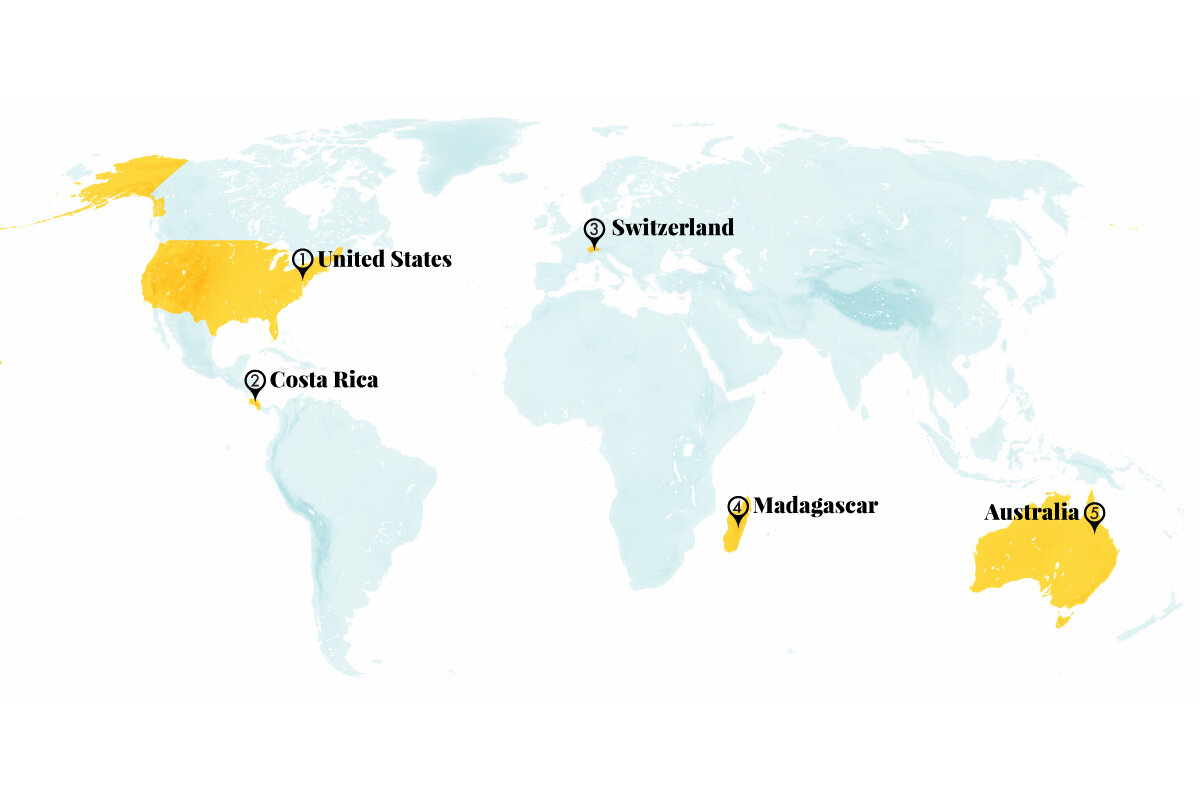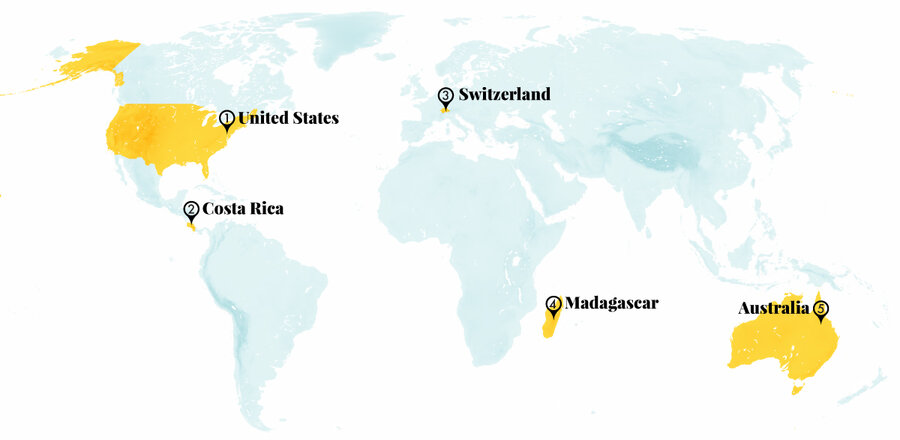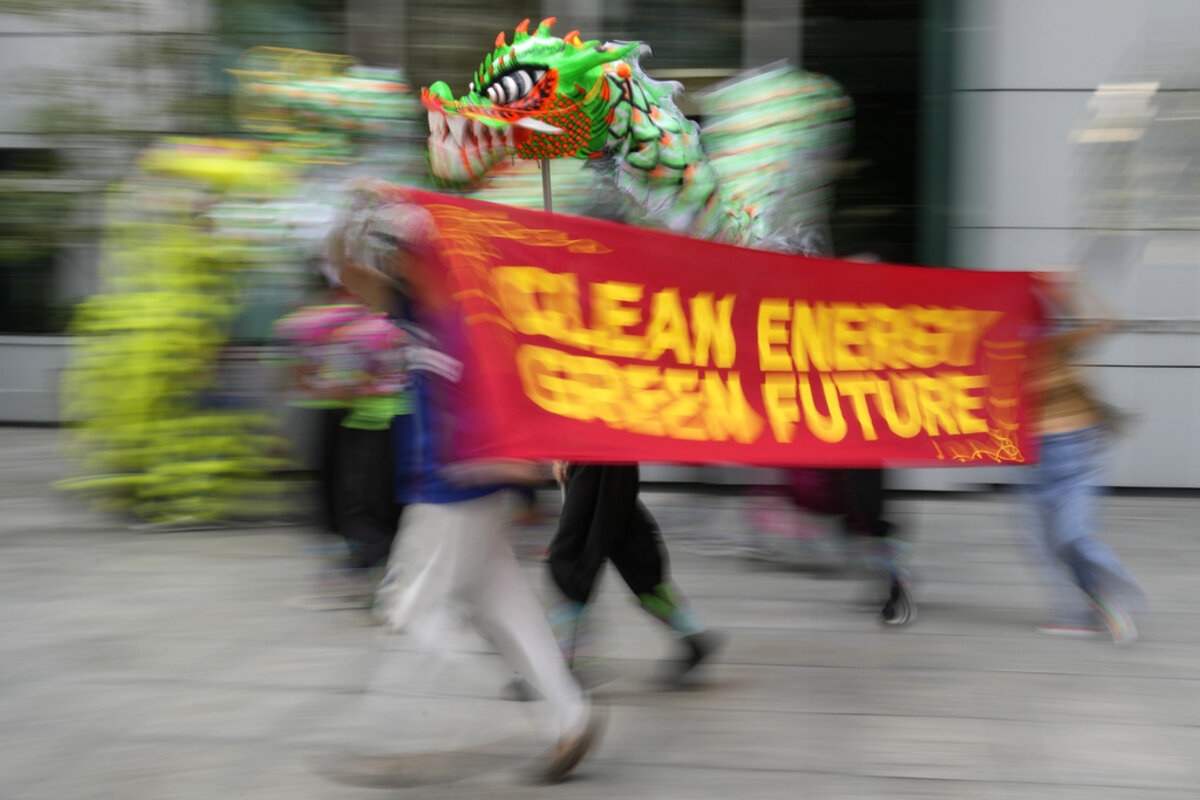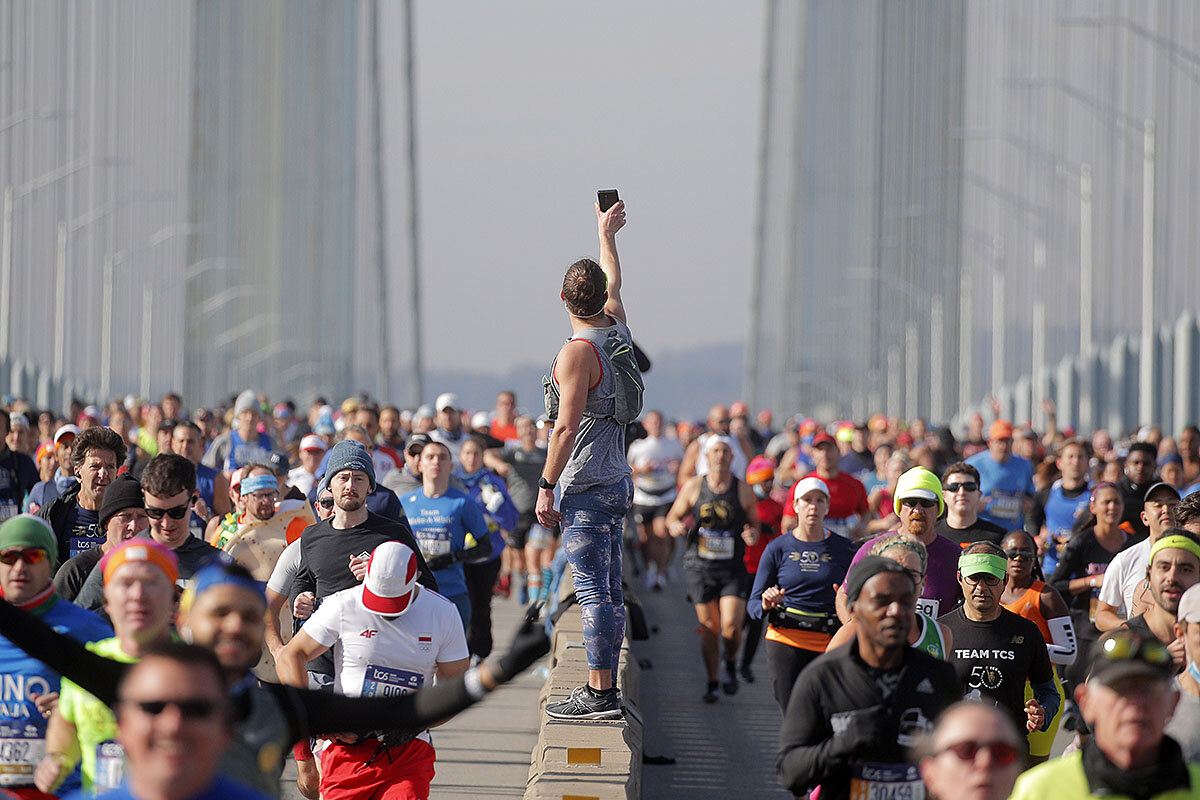Abortion is a complicated issue in many faith communities. One effect of Texas’ strict new abortion law, SB8, has been to spur people to wrestle more deeply with the topic – and to clarify their feelings around it.
Monitor Daily Podcast
- Follow us:
- Apple Podcasts
- Spotify
- RSS Feed
- Download
 Amelia Newcomb
Amelia Newcomb
Two weeks ago, some 11,000 rowers and many, many more spectators and volunteers descended upon Cambridge, Massachusetts, for the iconic Head of the Charles regatta. That’s where I ran into Arshay Cooper. You may remember him from our cover story last year about his journey since being part of America’s first all-Black high school rowing team in the late 1990s – a life-changing experience he wrote about in his book “A Most Beautiful Thing.”
It was a busy scene on the banks of the Charles River, so we caught up by phone a few days later. And a lot has happened since our story.
Mr. Cooper, who has his eye on increasing the talent pool for the 2028 Los Angeles Olympics, now leads the newly established A Most Beautiful Thing Inclusion Fund, which is under the George Pocock Rowing Foundation. This year, after traveling the United States, fund leaders tapped five programs, supporting them with everything from boat donations to financial backing for the regatta transportation that better-resourced programs take for granted. There are grants for coaches of color, academic tutoring, college counseling, swimming lessons, and community events that just this fall acquainted 2,000 kids with the sport.
“The talent is everywhere; the access and opportunity is not,” Mr. Cooper says.
Mr. Cooper told me the serenity of being on the water can do for these kids what it did for him – calm the storms of everyday life, poverty, and disruption. He tells of an eighth grader angered by being called out for talking during one of his presentations.
“My friends were that kid,” Mr. Cooper says. “It’s hard to recover from how he was spilling.” But the next day the boy returned, and sat on a rock by the dock. “You could tell he’d never been by the water. He said, ‘I need someone to talk to.’ He was strong. Soon, he was running around like a kid in a candy store. He wanted to experience a different world – [to go] from concrete and dirt to water and grass.”




